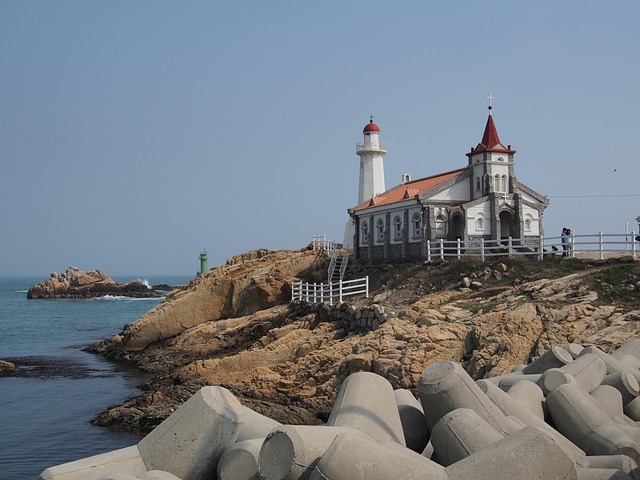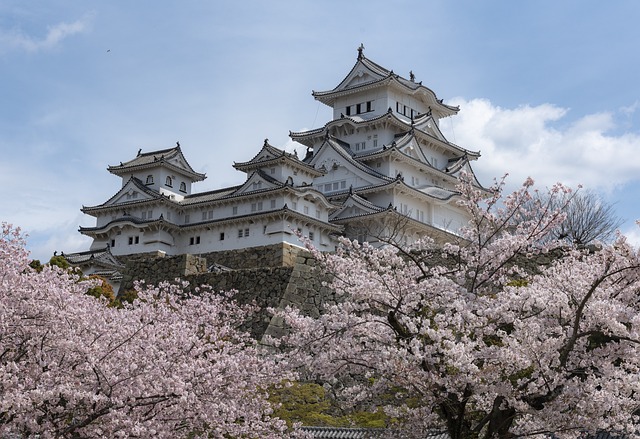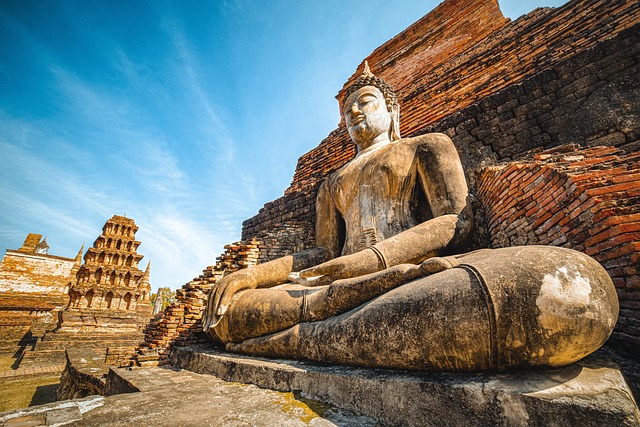Eugene, Oregon's history from logging and farming to a cultural center is reflected in its historic downtown landmarks like Old Town Hall and vintage theaters. These sites preserve the city's past, foster community events, and play a crucial role in Eugene's diverse artistic expressions and festivals today, showcasing its cultural evolution rooted in its founding history.
Discover the captivating cultural evolution of Eugene, Oregon, where a rich heritage meets modern vibrancy. From its humble beginnings to its status as a thriving community, Eugene’s story is woven with threads of resilience and innovation. This article explores the city’s early settlers and indigenous influences that shaped its unique identity. Delve into the visionary enterprise that led to its founding, and uncover historical landmarks that have defined Eugene’s cultural landscape, making it a vibrant tapestry in the Pacific Northwest.
- Eugene's Early Settlers and Indigenous Influences
- The City's Founding: A Visionary Enterprise
- Historical Landmarks Shaping Cultural Identity
Eugene's Early Settlers and Indigenous Influences

Eugene, Oregon, boasts a rich cultural evolution deeply rooted in its early settler history and indigenous influences. The city was founded in 1846 by a group of settlers led by John J. Boons, who were drawn to the region’s fertile valleys and abundant natural resources. This period saw the first interactions between European immigrants and the Indigenous peoples who had inhabited the area for thousands of years.
The local Indigenous tribes, including the Kalapuya, Alseas, and Chiquakut, played a significant role in shaping Eugene’s early culture. Their knowledge of the land, traditions, and skills in agriculture and crafts left an indelible mark on the community. Over time, these influences merged with incoming European customs, creating a unique blend that continues to characterize Eugene’s cultural identity today.
The City's Founding: A Visionary Enterprise

Eugene, Oregon, emerged from a vision shared by its founders in the late 19th century. The city’s inception was driven by a desire to create a thriving community centered around education, agriculture, and natural beauty. In 1856, a group of pioneering settlers established a town on the banks of the Willamette River, envisioning a future where academia and industry would flourish. This ambitious endeavor laid the groundwork for what would become a cultural melting pot, attracting diverse individuals with aspirations of building a unique urban center.
The founders’ commitment to education is evident in the establishment of the University of Oregon, which became a cornerstone of the city’s identity. As Eugene grew, its founding principles of academic excellence and agricultural prosperity attracted artists, craftsmen, and intellectuals from various walks of life. This blend of cultural influences fostered an environment that continues to shape the city’s dynamic and progressive nature, making Eugene a fascinating case study in cultural evolution.
Historical Landmarks Shaping Cultural Identity

Eugene, Oregon’s rich history and foundational stories play a pivotal role in shaping its cultural identity. Founded in 1853, the city has evolved from a humble beginning as a logging and farming hub to a vibrant cultural center. The historic downtown area, with its charming architecture and diverse mix of businesses, reflects this transformation. Landmarks like the Old Town Hall and vintage theaters stand as testaments to Eugene’s past, attracting locals and visitors alike to immerse themselves in the city’s unique character.
These historical landmarks not only preserve the city’s memory but also inspire a sense of belonging and pride among its residents. They serve as gathering spaces, fostering community events and celebrations that strengthen the cultural fabric of Eugene. Understanding the city’s founding history is essential for appreciating the diverse artistic expressions, festivals, and traditions that define contemporary cultural evolution in this enchanting Oregon town.














